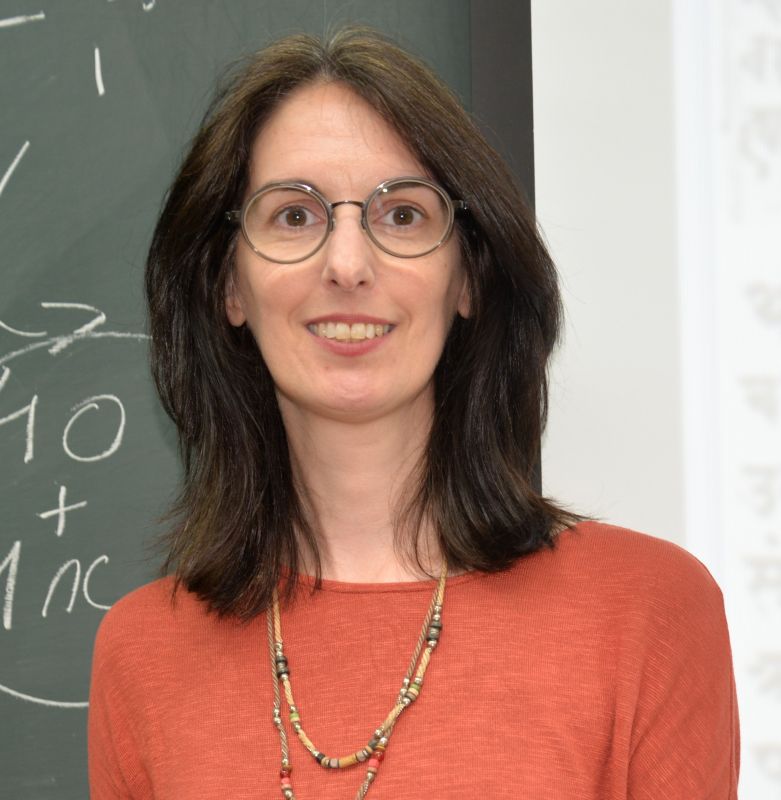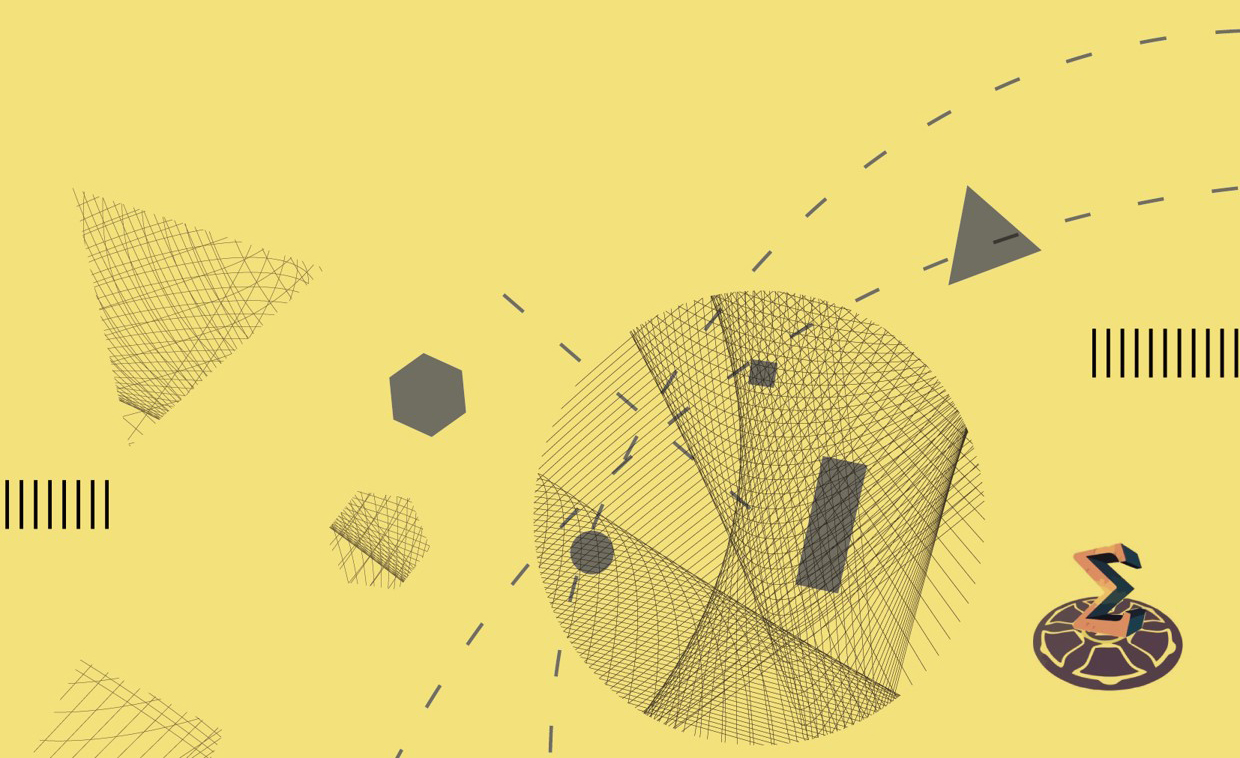Philosophy, AI and education: an old history
Time: Apr. 16 (Wed.) 14:00-15:00
Place: M212, Gongguan Campus, NTNU

Assoc. Prof. Charlotte Pollet
博佳佳 副教授
Center for Human Sciences, NYCU
國立陽明交通大學人文科學中心
The integration of AI into education is a challenge faced by all teachers: what to do with writing assignments generated by programs? How to teach when everything is already on the web?
It’s not just about integrating a simple new tool into the classroom but rather a new episode in the history of the sign. The history of algorithms shows us that there have already been several precedents that have led to drastic institutional, societal, and cognitive changes: the invention of sign conservation in Mesopotamia in the 3rd millennium BCE, the development of print culture in Europe in the 15th century and in China a few centuries earlier, and now the digital storage of all data with the capacity to generate texts… It is indeed the same story that connects algorithms and technology. Systematically, these revolutionary episodes have led to an overhaul of educational systems. It might be interesting to see what the history of former revolutionary algorithmic episodes teaches us to understand the new one happening right now. Algorithms are not new and find their essence in the origin of humanity and maintain an intimate link with our cognitions.
In the philosophy class, the relationship with AI is different. How can an AI say “I know that I know nothing” (Socrates) or “Me, possess knowledge? Far from it!” (Confucius 9:7) without lying or being wrong? If AI will soon be able to replace some of our faculties, the philosophy class focuses precisely on what AI cannot do: be aware of the limits of knowledge, know how to identify thinking skills (what exactly do we do when we say “I think that…”), critical thinking, caring thinking, and creative thinking. There is a whole pedagogy set up by Lipman and Sharp, Tozzi, Chirouter… It is these thinking faculties and skills that philosophy for children develops and which will allow children to grasp the complexity of the world, avoid extremes by learning nuances, and above all, to be actors of knowledge rather than consumers of data or targets of the attention market.
More Information: https://cgec.nycu.edu.tw/tw/teacher/show.php?num=67

